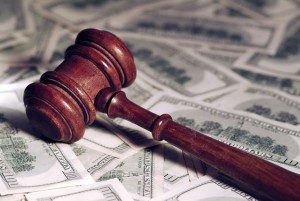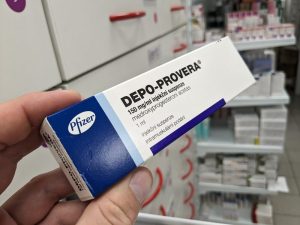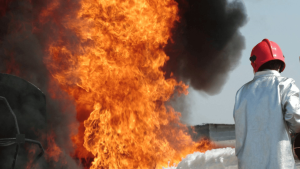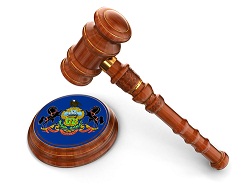The San Diego Union-Tribune reported yesterday on a case pending in the Nevada Supreme Court which may have a major impact on the extent to which stadium owners can be held liable when fans are injured during sporting events.
The Turner Case
Five years ago, plaintiff Kathleen Turner (not the actress) was struck by a foul ball while she was sitting in a mezzanine seating area at Les Vegas’ Cashman Stadium. Turner’s attorney claims that the beer garden area, where fans can not see the baseball game being played on the field below, created a false sense of security for the spectators. Ms. Turner was struck in the face by a foul ball and lost consciousness. She suffered a broken nose and had to undergo reconstructive surgery.
Trial Court Ruling
The trial judge found that the Defendant did not breach any duty of care to Plaintiffs to protect them from harm. The court further found there was no duty in this case for the Defendant to protect Plaintiff Kathleen Turner from the foul ball. Moreover, the trial court found that even if there were any such duty, the foul ball is a known and obvious risk. Plaintiff appealed.
The Defense Argument
 Thomas Dillard, the lawyer representing the park’s owner, argues that this case involves an implied assumption of risk. He states that although Ms. Turner could not see the game, she was repeatedly made aware of the risk of stray balls in the stadium. The stadium posts warning signs at the entrance to the park, screens, and plexiglass are installed in certain areas to protect fans, every ticket bears a notice of liability, and there are even warnings issued over the park’s public address system. He failed to add that common sense also tells you of the risk of a foul ball when you go to a baseball game.
Thomas Dillard, the lawyer representing the park’s owner, argues that this case involves an implied assumption of risk. He states that although Ms. Turner could not see the game, she was repeatedly made aware of the risk of stray balls in the stadium. The stadium posts warning signs at the entrance to the park, screens, and plexiglass are installed in certain areas to protect fans, every ticket bears a notice of liability, and there are even warnings issued over the park’s public address system. He failed to add that common sense also tells you of the risk of a foul ball when you go to a baseball game.
The Nevada Supreme Court will decide whether or not implied assumption of risk can apply to Ms. Turner’s case, and in doing so, Nevada may become one of the many states that abide by the “baseball rule.”
The article seems to think the ruling is relevant to whether major league baseball comes to Nevada. I think it overstates the economics of the outcome of this case. This issue of baseball in Nevada involves one thing: gambling.
My Hypothetical
Generally speaking, we presume fans to have assumed the risk of getting hit by a baseball at a baseball game. In the Sports Law class that I teach, I argue that the best scenario for a plaintiff’s verdict would be if you came to the game and specifically requested a ticket safe from a potential foul ball and you still get hit by one. Like many of my best law school hypotheticals, this has probably never happened and could never be proved even if it did.
Continue reading












